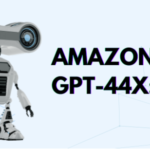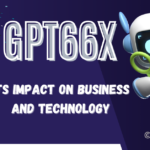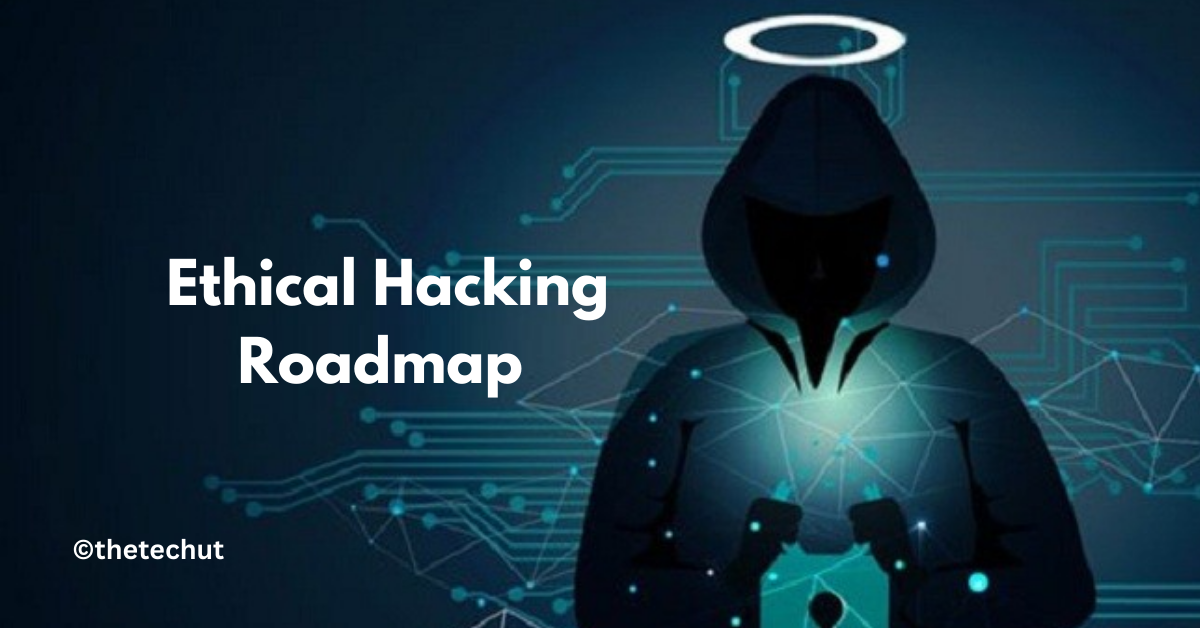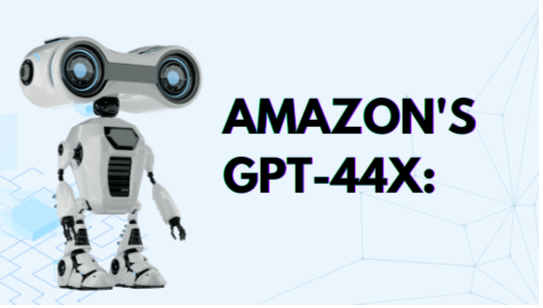Do you know how quickly the cybersecurity landscape is evolving? As an ethical hacker, you must keep honing your skills and ethical hacking roadmap because new threats appear on a regular basis. This is because you want to stay ahead of these actors. This is why it’s so important to have a solid plan in place by 2024 if you want to develop your moral hacking skills. This newsletter aims to guide you through the essential professional domains, qualifications, and technical skills you should be aware of to advance your interest in white hat hacking this year. With the appropriate strategy, you could be prepared to break into Destiny and assist organizations in defending their systems against ever changing cyberattacks. Stay tuned for the road map on ethical hacking.
Getting Start the Ethical Hacking Roadmap

Identifying the Fundamentals of Ethical Hacking
Understand the principles of concepts such as:
- Hacking: Malicious (black-hat), ethical (white-hat), or grey-hat.
- Legal and moral reflections: Sure that the exercises you perform are approved and adhere to all rules and regulations.
- Common vulnerabilities: Learn almost different sorts of vulnerabilities, counting SQL injection, cross-site scripting (XSS), and buffer overflow.
Setting Up Your Learning Environment
Create a conducive learning environment that includes:
- A dedicated lab: Set up a domestic lab with virtual machines utilizing programs like VirtualBox or VMware to securely hone hacking techniques.
- Essential tools: Get recognizable with instruments like Kali Linux, Metasploit, Nmap, Burp Suite, and Wireshark.
- Online resources: Use online courses, tutorials, and gatherings. Websites like Cybrary, Udemy, and Coursera offer comprehensive courses on moral hacking.
- Learning Programming Languages for Ethical Hacking Roadmap
Learning Programming Languages for Ethical Hacking Roadmap
Why Programming Skills Are Essential
Programming knowledge is significant for understanding how software and systems work, which in turn helps in distinguishing and exploiting vulnerabilities. Key programming languages to learn include:
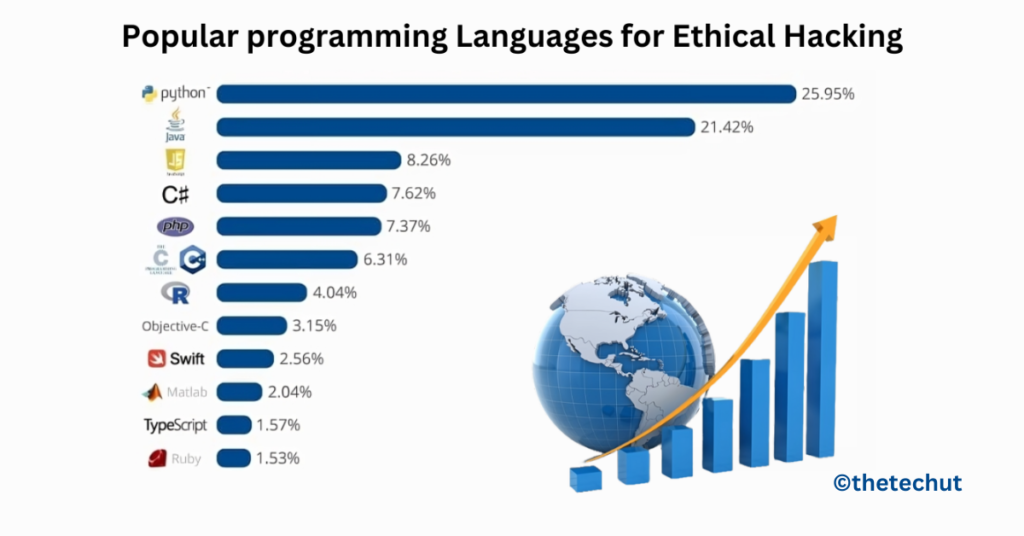
Resources for Learning Programming Languages
- Online courses: Platforms like Codecademy, Khan Institute, and Pluralsight offer courses custom fitted to beginners and progressed users.
- Books: “Automate the Boring Stuff with Python” by Al Sweigart and “The Web Application Hacker’s Handbook” by Dafydd Stuttard are amazing resources.
- Practice platforms: Destinations like HackerRank and LeetCode grant coding challenges to improve your programming abilities.
- Advancing Your Aptitudes Through CTFs and Certifications
Advancing Your Skills Through CTFs and Certifications
Capture The Flag Competitions
They are an excellent way to apply your aptitudes in a real-world situation. Sorts of CTF challenges include:
- Jeopardy-style: Consist of different categories with different security challenges.
- Attack-defense: Groups are given identical systems to secure whereas attempting to misuse their opponents’ systems.
- Boot2Root: Focus on picking up roots to get to a defenseless system.
Take an interest in platforms like Hack The Box, TryHackMe, and CTFtime to hone and compete in CTFs. These stages offer a run of challenges that can offer assistance you hone your aptitudes.
Obtaining Certifications
Certifications validate your skills and information, making you more attractive to employers. Key certifications for moral programmers include:
- Certified Ethical Programmer (CEH): Advertised by EC-Council, this certification covers a wide extent of security concepts and tools.
- Offensive Security Certified Proficient (OSCP): Known for its careful hands-on exam, OSCP is highly respected in the industry.
- CompTIA Security+: A great starting point for those unused to cybersecurity.
- Certified Data Systems Security Proficient (CISSP): Perfect for those looking to move into more progressed security roles.
Continuous Learning and Skill Development
Cybersecurity is a continually advancing field. Remain upgraded with the most recent patterns and advances by:
- Reading blogs and news: Follow destinations like Krebs on Security, Dark Reading, and The Programmer News.
- Joining proficient communities: Take an interest in gatherings and bunches on stages like Reddit, Stack Trade, and LinkedIn.
- Attending conferences: Events like Dark Cap, DEF CON, and RSA Conference offer experiences into the latest advancements in cybersecurity.
- Landing an Ethical Hacking Work With the Right Ethical Hacking Roadmap
Landing an Ethical Hacking Job With the Right Ethical Hacking Roadmap
Building a Strong Resume and Portfolio
A well-crafted resume and a strong portfolio can essentially enhance your job prospects. Include:
- Certifications and education: Highlight relevant certifications and any formal education in cybersecurity or related fields.
- Practical involvement: Showcase your encounter with CTFs, individual projects, and any internships or part-time jobs in cybersecurity.
- Skills and tools: List the programming dialects, instruments, and techniques you are capable of.
Networking and Professional Development
Networking is vital in the cybersecurity industry. Build your proficient network by:
- Joining cybersecurity organizations: Organizations like (ISC)² and ISACA offer organizing opportunities and resources.
- Engaging on social media: Follow and connect with industry experts on stages like LinkedIn and Twitter.
- Mentorship: Seek out guides who can give direction and advice based on their claim experiences in the field.
Preparing for Job Interviews
Job interviews for ethical hacking positions regularly include technical and behavioral components. Get ready by:
- Practicing technical questions: Be prepared to reply to questions about particular devices, techniques, and scenarios platforms like LeetCode and HackerRank can offer assistance when you practice coding and problem-solving questions.
- Showcasing your inclusion: Conversation about your hands-on involvement with CTFs, labs, and any real-world projects you’ve completed.
- Demonstrating delicate capacities: Communication, problem-solving, and collaboration are crucial for moral software engineers. Highlight outlines from your past encounters that exhibit these abilities.
Conclusion
Becoming a capable ethical programmer in 2024 requires a combination of technical information, practical encounter, and continuous learning. By following this organised roadmap starting with understanding the essentials, learning fundamental programming languages, progressing your abilities through CTFs and certifications, and successfully planning for work opportunities you can construct an effective career in moral hacking. As cyber threats proceed to advance, the role of moral hackers will become indeed more basic, making this an exciting and rewarding field to be a part of.


